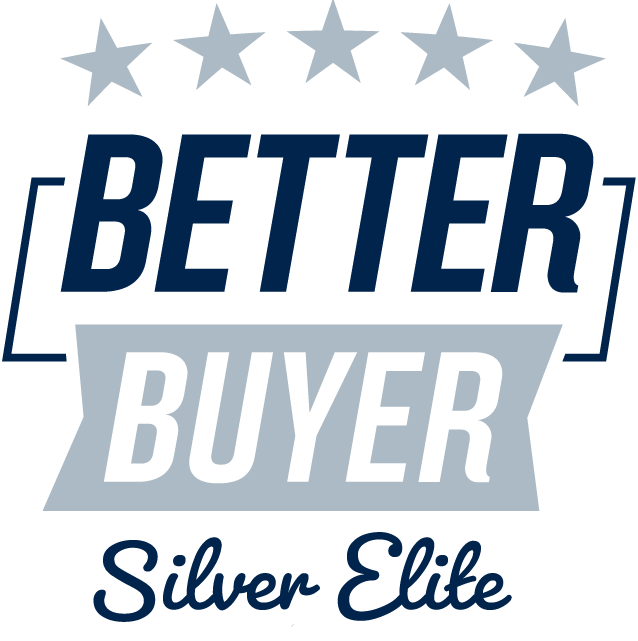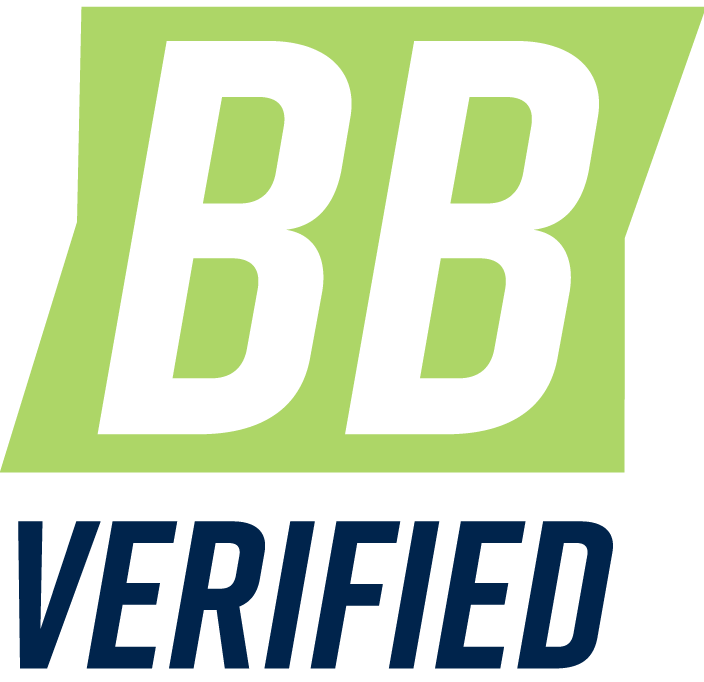The Biggest Tax Write Offs for Businesses and How They Work
You're in the driver's seat of your small business and every cent counts. Tax season can be daunting, but we're here to guide you through the maze of potential deductions.
From business meals to insurance costs, we'll reveal the major write-offs you might be missing.
Get ready to dive into the world of tax deductions, trim your tax bill, and boost your profits.
Knowledge is power - and it could mean big savings for you.

Importance of Maximizing Tax Deductions
You can save hundreds or even thousands of dollars on your tax bill by maximizing your tax deductions. As a small business owner, it's essential to understand and implement tax planning strategies aimed at reducing your taxable income. By keeping a keen eye on your potential deductions throughout the year, from business expenses to home office costs, you're effectively setting the stage for significant savings come tax time.
Maximizing deductions for small businesses goes beyond simple cost tracking though, it involves understanding the intricate tax laws and how they apply to your business.
This is where professional services like Bench come into play. They can help you navigate the complex tax landscape, ensuring you don't miss out on any potential savings.
Understanding Bank Fees Deductions
While it's crucial to maximize your deductions, it's also vital to understand the specifics, like how you can deduct various bank fees related to your business. These fees can include service charges, transaction fees, and even overdraft fees.
Maximizing deductions by including these expenses can notably reduce your overall tax liability. However, keep in mind that personal bank account fees or credit card charges aren't deductible. When calculating tax liability, it's important to separate business transactions from personal ones.
Also, remember fees paid to third-party processors like merchant or transaction fees are deductible. It's advisable to consult with a tax professional to ensure you're fully capitalizing on these potential deductions and accurately calculating your tax liability.
Claiming Business Meals Deductions

In the world of business expenses, it's crucial to remember that 50% of qualifying meals can be deducted on your tax return. Here's a simple rundown to help you in maximizing meal deductions:
- Ordinary and Necessary: Your meals must be deemed ordinary and necessary business expenses, not lavish or extravagant.
- Business Relationship: The meal must involve a current or potential business customer, client, consultant, or similar business contact.
- Documentation: Keep receipts detailing the amount, place, people present, and business purpose.
- Combined Travel: If you're maximizing car deductions, remember meals are deductible when traveling for business.
Business Insurance Premiums Write-offs
After tallying up your meal deductions, don't forget to consider another major area where you can save: your business insurance premiums. These premiums, often a significant expense, are fully deductible. This includes not only general liability and property insurance but also specific types like business interruption and cyber insurance.
Business interruption deductions can be a lifesaver in the event of a disaster that halts your operations. Similarly, cyber insurance deductions are increasingly crucial in today's digital age, where data breaches and cyber attacks can cause significant financial harm.
It's vital to maintain accurate records of your premium payments. When tax season rolls around, you'll be prepared to maximize your insurance-related deductions and reduce your tax liability.
Deductions for Business Use of Your Car
Beyond the realm of insurance deductions, you'll find the possibility of significant tax savings through deductions for business use of your car. Here are a few ways of maximizing vehicle deductions:
- Standard Mileage Rate: You can deduct a set amount for each business mile driven. Just remember to keep a detailed log.
- Actual Expenses Method: This involves deducting all car-related expenses such as gas, repairs, and depreciation, proportional to your business use.
- Depreciation: If eligible, you can claim depreciation on your vehicle.
- Vehicle Loan Interest: If you've purchased your vehicle with a loan, the interest can also be deductible.
Don't overlook the value of maximizing home office deductions, either. Exclusive business use of a portion of your home can also yield substantial savings.
Contract Labor Expenses Deductions
While maximizing home office deductions can yield substantial savings, don't forget you can also reduce your tax bill by deducting contract labor expenses.
If you've hired freelancers or independent contractors, payments made to them can be written off. It's essential to keep detailed records of all contractor payments, as the IRS may require proof of these expenses.
This deduction can significantly lower your taxable income and subsequently, your tax liability. However, the rules for contract labor deductions can be complex.
It's advisable to seek a tax advisor consultation to ensure you're fully capitalizing on these potential savings. By doing so, you'll be equipped with the knowledge to effectively manage your contract labor expenses, optimizing your tax deductions.
Home Office Expenses Write-offs
Just as you can save significant money with contract labor deductions, another major area to explore is your home office expenses. This is where you can maximize your home office deductions. Whether you're self-employed or working remotely, certain home office expenses are deductible.
Rent: If you rent your home, a portion of the rent is deductible. This is based on the percentage of your home that's used for business.
Utilities: You can deduct a portion of your utility bills, such as electricity, gas, and water.
Home Insurance: A portion of your homeowner's insurance can be deducted.
Maintenance and Repairs: If these are specific to your office space, they're deductible.
To ensure you're maximizing home office deductions correctly, consult with a professional tax advisor.

Interest Expenses Deductions
Another key area you can look into for major deductions is your business's interest expenses. You're allowed to deduct interest on business loans, credit cards, and mortgages on business property. However, be mindful that personal interest expenses can't be written off. It's crucial to keep accurate records of these interest payments for documentation.
Just as important as interest deductions, are utilities and maintenance deductions. These can be significant, particularly if you operate from a home office or own a business property.
Employee benefit programs are another major area of deductions. Costs related to health care, retirement plans, and other employee benefits can be written off, significantly reducing your taxable income. Always consult with a tax advisor to ensure you're maximizing these deductions.
Marketing and Advertising Expenses Deductions
You can save a substantial amount on your business taxes by deducting your marketing and advertising expenses. This is a significant aspect of maximizing tax savings.
Here's how:
- Advertising Costs: You can deduct the cost of print ads, online ads, TV commercials, and even business cards.
- Website Expenses: This includes the cost of developing, maintaining, and hosting your website.
- Promotional Materials: Costs for items like brochures, banners, or promotional gifts are all deductible.
- Social Media: Any fees paid to social media platforms for promotion or advertising are deductible.
By keeping track of these expenses, you're maximizing deductions and reducing your taxable income.
Always consult with a tax professional for detailed advice tailored to your business.
Retirement Contributions Deductions
Contributing to your retirement plan not only prepares you for the future but can also offer significant tax deductions for your business. By making retirement plan contributions, you're essentially creating tax deferred savings that can lower your taxable income.
Whether it's a SEP-IRA, SIMPLE IRA, or a Solo 401(k), they all qualify for these deductions.
This strategy allows you to invest in your retirement while simultaneously reducing your business's tax liability. It's a win-win situation.
However, be aware that there are contribution limits and specific rules around these deductions. Make sure to consult with a tax professional to ensure you're maximizing these benefits correctly.
Capitalizing on Depreciation Deductions

Capitalizing on depreciation deductions is a savvy move that can further enhance your fiscal strategy, following on from your smart planning with retirement contributions. To maximize tax savings, understanding the ins and outs of depreciation deductions is crucial. Here are four ways to leverage depreciation to your advantage:
- Immediate Write-Offs: The IRS allows immediate write-offs for certain types of property under Section 179, reducing your taxable income.
- Bonus Depreciation: You can deduct 100% of the cost of eligible property the year it's placed in service.
- Useful Life Depreciation: Spread out deductions over the useful life of the property.
- Partial Business Use: If you use property for both personal and business, you can take a partial depreciation deduction.
Education Expenses Write-offs
Along with depreciation deductions, another way to significantly reduce your tax bill is through education expense write-offs. Business education deductions are a vital tool to consider when you're looking at maximizing tax savings.
If you or your employees attend workshops, seminars, or classes that maintain or improve skills relevant to your business, these costs can be written off. This includes not only the cost of the courses but also related expenses such as books and transportation costs.
However, remember that the education must be directly related to your current business. Courses that prepare you for a new career or are unrelated to your business aren't deductible.
Legal and Professional Fees Deductions
When it comes to tax time, a significant chunk of your expenses can be reduced by writing off the legal and professional fees you've incurred throughout the year. Understanding tax implications is key in maximizing these deductions.
Here's a quick guide:
- Directly related expenses: Only fees directly related to running your business are deductible. This could include legal advice or tax preparation.
- Type of professionals: Lawyers, accountants, bookkeepers, and tax preparers all fall under this category.
- Apportionment: If a fee includes personal and business services, only the business portion is deductible.
- Recordkeeping: Document the nature of each fee, to support your deduction if questioned.
Utilities and Maintenance Deductions
You can shave a significant portion off your tax bill by deducting your business's utility and maintenance expenses. Maximizing deductions in these areas is a savvy tax saving strategy that's often overlooked.
This includes things like electricity, gas, water, sewage, and garbage removal. Also, any costs incurred for the repair and upkeep of your business premises can be deducted. Whether you're replacing light bulbs or fixing a leaky roof, these maintenance costs can add up to substantial savings.
Keep meticulous records of these expenses as they occur throughout the year. If you rent your business space, utilities and maintenance costs may be included in your rent.
Employee Benefit Programs Deductions
In addition to utilities and maintenance deductions, another way to potentially save thousands on your tax bill is through deductions for employee benefit programs. These deductions can significantly impact your business's bottom line.
- Health Insurance: If you provide health insurance for your employees, these costs are fully deductible.
- Retirement Contributions: As a business owner, you can deduct contributions to employees' retirement plans.
- Employee Training Deductions: Costs for training programs to improve your employees' skills are deductible.
- Office Equipment Deductions: If you provide your employees with necessary equipment, these costs can be written off.
In short, investing in your employees not only builds a better workforce but also offers substantial tax benefits. Always consult with a tax professional to ensure you're maximizing these deductions.

The Bottom Line
From bank fees to business meals, insurance premiums, car use, education, legal fees, utilities, and employee benefits, every deduction counts.
With a solid understanding of these write-offs, you're ready to navigate tax season like a pro.
Remember, every penny saved is a penny earned.
Now, go forth and make the most of your hard-earned profits.
Discover
excellent
local
businesses!
Our unique content—articles, ratings, reviews, and videos—help consumers make better purchasing decisions while promoting companies striving to provide customer service excellence.
| Recently Added |
|---|
| Accounting |
| Chiropractors |
| HVAC |
| Moving |
| Physical Therapy |
| Plumbing |
| Windows and Doors |
Is
your
business
in our
directory?
Update your business information to become more visible in our directory. Your lead form will also be activated.
Find your company >






